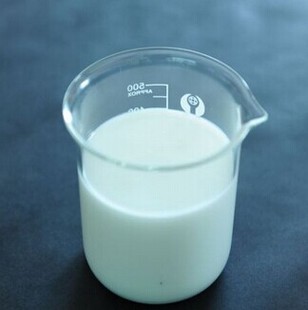Rubber adhesive is a type of adhesive that has good adhesion to various substances, and Adhesive with high initial adhesion. At the same time, the elasticity of rubber has an excellent cushioning effect on the volume shrinkage of materials with different expansion coefficients, and on shock and vibration. Therefore, it can be used to make adhesives.
1. Neoprene adhesive
Neoprene is an addition polymer of 2-chloro-1,3 butadiene . Adhesives made of neoprene are referred to as neoprene adhesives. Because of their high crystallinity, high polarity, and excellent adhesion, they are the most widely used rubber adhesives. It accounts for more than 70% of the total amount of synthetic rubber adhesives.

(1) Variety of neoprene adhesive
①Contact adhesive is generally polymerized with high crystallinity AC type or AD type neoprene It is composed of body and alkyl-substituted phenolic resin, and additives such as zinc oxide, magnesium oxide and anti-aging agent are added, and aliphatic hydrocarbon and aromatic hydrocarbon, ketone or ester solvent are used to make a solution.
②AF adhesive The AF type polymer of neoprene rubber contains hydroxyl groups. The temperature of hydroxyl and rubber mastication must be controlled below 25°C to prevent reactions with additives and magnesium oxide. In addition, if only aromatic hydrocarbon solvents are used, the solution will produce stringing phenomenon, so a small amount of water must be added to the compound.
③HC adhesive Neoprene HC polymer has a high degree of crystallinity. If the polymer heated to 70°C is cooled and kept at room temperature, its hardness will increase rapidly within a few minutes, while it takes at least two hours for other types of neoprene to completely crystallize. HC polymer hardly softens below 50°C, but softens rapidly when it exceeds 50°C, and has low viscosity when melted at high temperature. These characteristics indicate that it is especially suitable for making heat-sealing adhesives.
(2) Advantages and applications of neoprene adhesive Neoprene Adhesives have the following advantages:
① has excellent flexibility;
②Good oil resistance and chemical resistance, non-toxic or low toxicity, non-flammable;
③Good aging resistance;
④Because it contains polar groups, it has high adhesive strength and wide application range;
⑤ Generally, vulcanization is not required, and it can be made into a one-component adhesive, which is easy to use .
Neoprene adhesive has excellent flame resistance, ozone resistance, aging resistance, oil resistance, Water, solvent and chemical resistance, so it has a wide range of applications in construction, shoemaking, electronics, textiles, automobiles, shipbuilding, etc.
The neoprene adhesive requires a clean site, no dust, and the adherend is dry , no oil stains, and the glue coating temperature is within 15~35°C. The relative humidity is less than 80%, and pressurized appropriately.

 微信扫一扫打赏
微信扫一扫打赏

